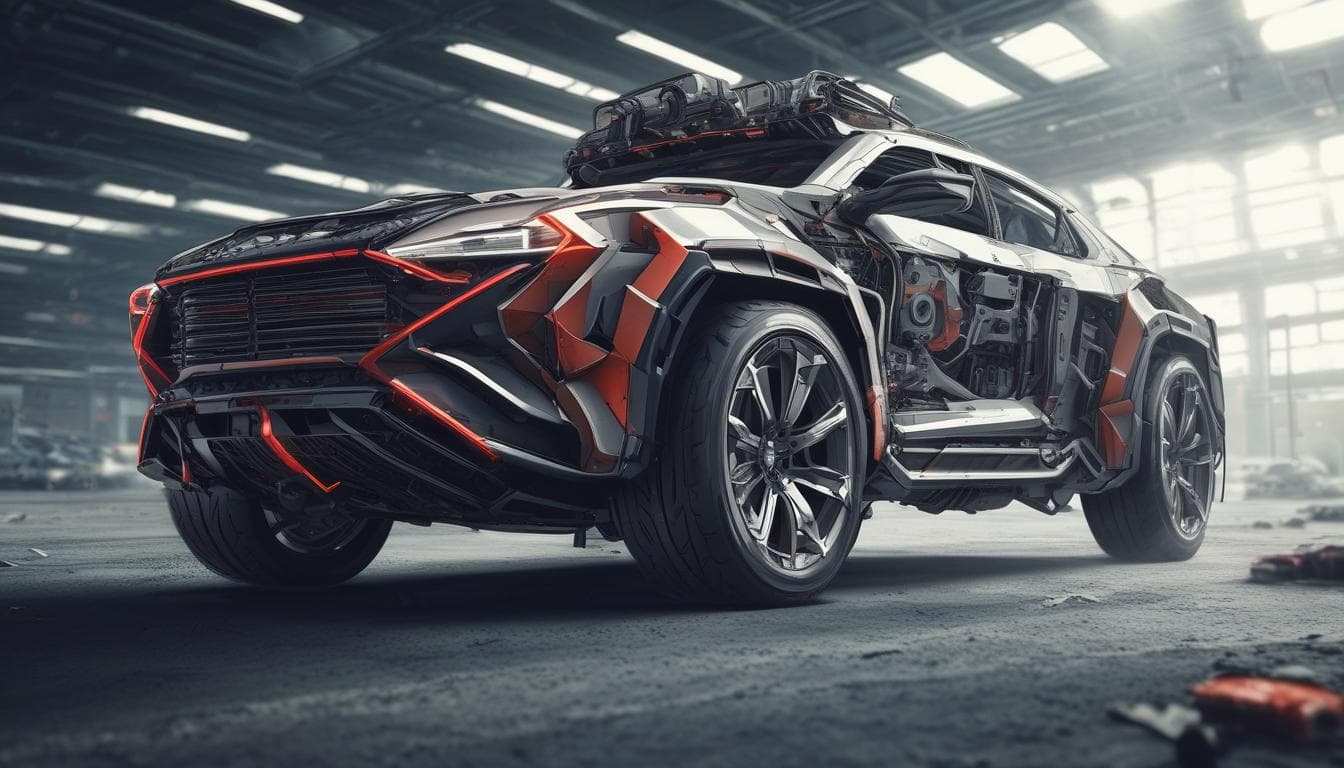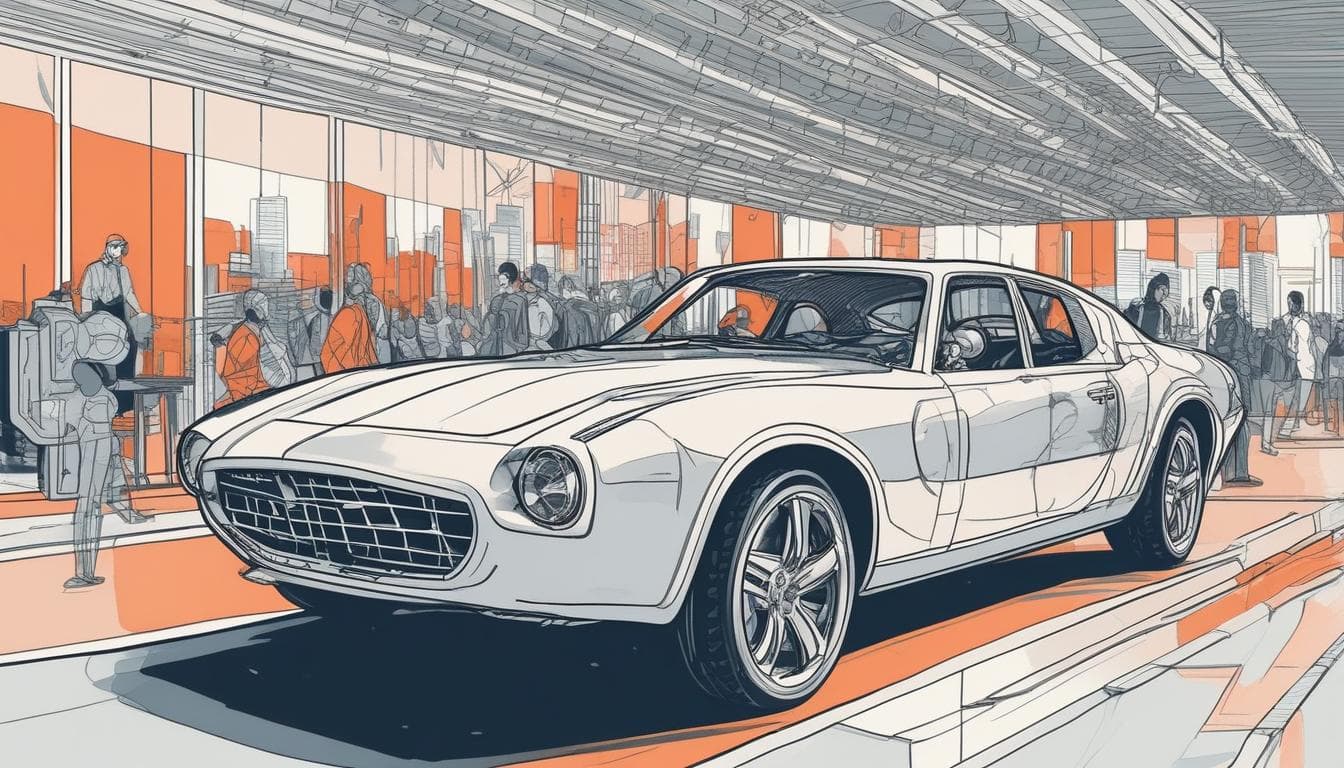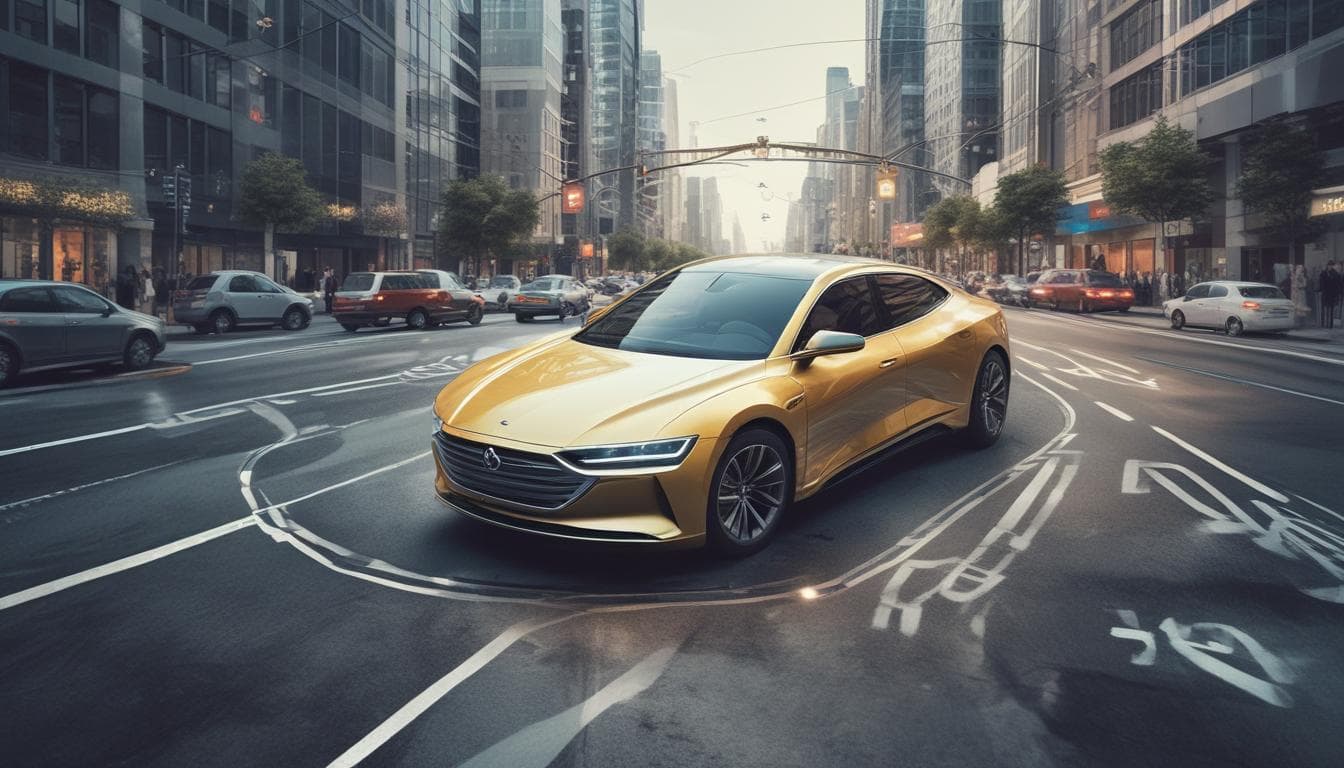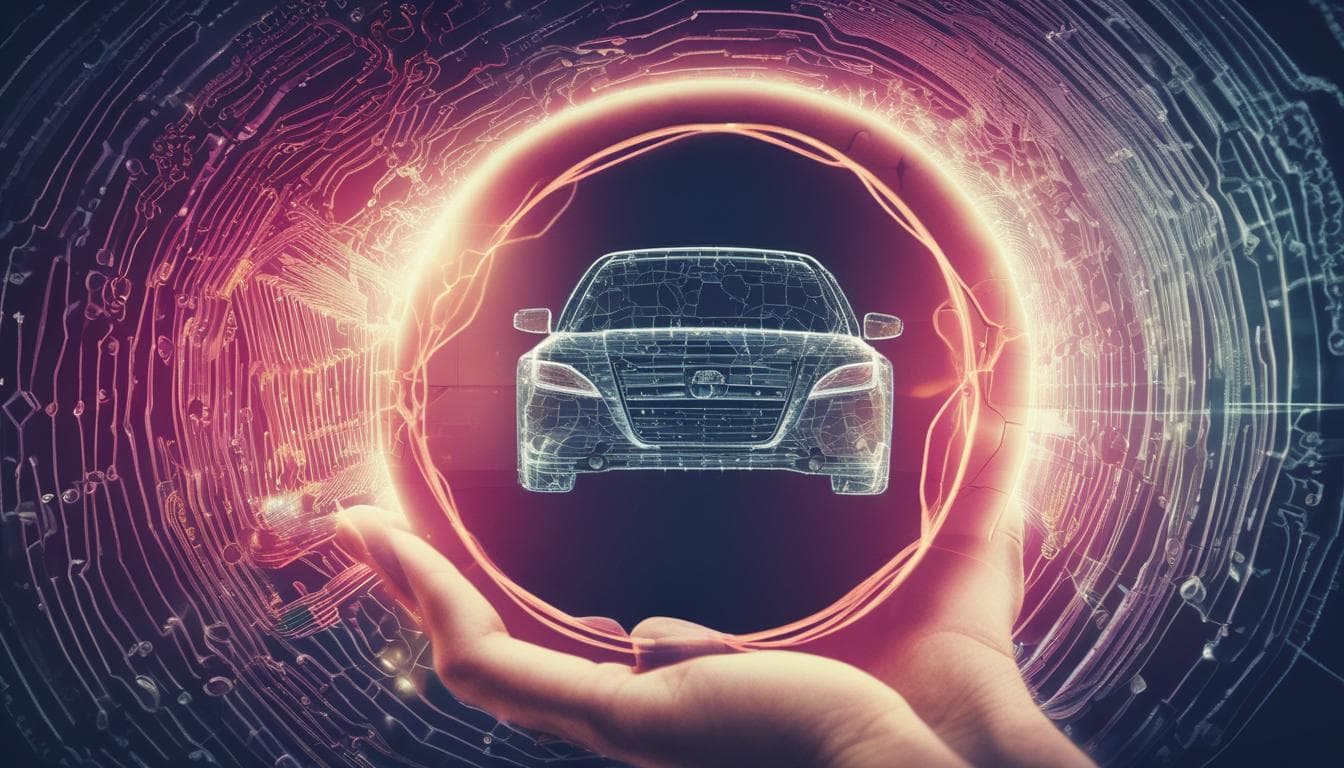もしも車が都市の感情を読み取ることができたら?例えば、渋滞によるイライラや、お祭り騒ぎの興奮など。それらの感情に反応して車が走行ルートを変えたり、車内環境を調整したりすることで、より快適で安全な移動体験を提供できるかもしれません。どのような未来のモビリティ社会が実現するでしょうか?また、プライバシーや倫理的な課題についても議論しましょう。
興味深い議論ですね!車の感情認識というアイデアは、SFの世界だけのものではなくなりつつあります。もし車が都市の感情を読み取ることができれば、私たちの移動体験は大きく変わるでしょう。
都市の感情を読み取るモビリティ
- 渋滞回避: イライラを感じているエリアを避けて、よりスムーズなルートを提案する。
- イベント連動: お祭りやイベントの興奮を感知し、最適な駐車場やルートを案内する。
- 車内環境の最適化: 乗員の感情に合わせて、音楽、照明、空調などを調整し、リラックスできる空間を提供する。
これらの機能は、AIが駆動する自動車革命で語られているように、AIの進化によって実現可能になってきています。
プライバシーと倫理的な課題
しかし、この技術にはプライバシーや倫理的な課題も伴います。都市の感情を読み取るためには、大量のデータ収集が必要になります。このデータがどのように扱われ、誰がアクセスできるのか、明確なルールが必要です。
- データ保護: 収集したデータの匿名化とセキュリティ対策を徹底する。
- 透明性: データ収集の目的と方法を明確に開示する。
- 同意: データ収集に対するユーザーの同意を得る。
未来のモビリティ社会
感情認識技術が進化すれば、顧客中心のモビリティ社会で語られているように、よりパーソナライズされた移動体験が実現するでしょう。
- 公共交通機関: 個人の感情やニーズに合わせて、最適な交通手段を提案する。
- シェアリングサービス: 感情を考慮したマッチングで、より快適な移動体験を提供する。
- スマートシティ: 都市全体で感情データを活用し、より効率的で快適な都市生活を実現する。
この技術は、私たちの生活をより豊かにする可能性を秘めていますが、同時に慎重な議論と対策が必要です。皆さんの意見もぜひ聞かせてください。
Explore More on This Topic
Join the Conversation
- The Future of AI-Driven In-Car Personalization: Beyond Comfort and Entertainment
Explore the future of AI in vehicles and how it can personalize the driving experience beyond entertainment and comfort. Discuss the ethical considerations and potential benefits of deep AI integration, such as anticipating mood and stress levels and suggesting personalized micro-experiences.
- The Future of Automotive Tourism: AI-Curated Road Trips vs. Spontaneous Exploration
Explore the future of automotive tourism in the age of AI. Will AI-curated road trips replace spontaneous exploration, or will they coexist? Discuss the opportunities and challenges for travelers and the tourism industry as AI integrates into vehicles and travel experiences.
- The Future of Road Rage in the Age of AI-Powered Vehicles
How will AI in vehicles impact road rage? Will it help de-escalate aggressive driving or make it worse? Explore the potential roles of AI and human drivers in managing these scenarios.




